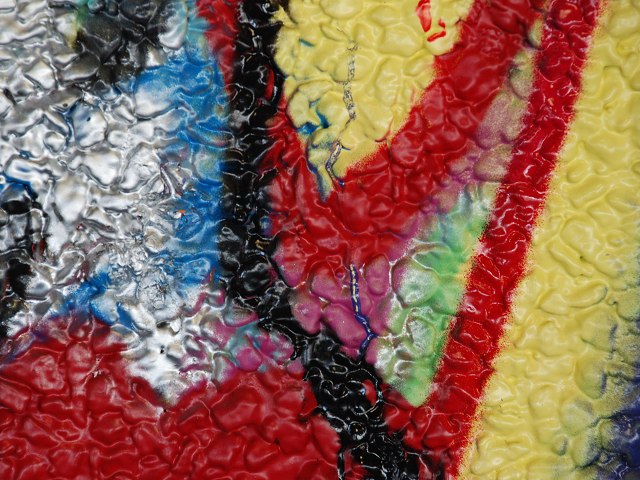 Good Monday to you. Here is candlelight and cooling tea, here is the chill of late October morning, here is the click of keys into a quiet kitchen, here is the ache of morning. What is hovering inside and about you at this time of faeries and visitations?
Good Monday to you. Here is candlelight and cooling tea, here is the chill of late October morning, here is the click of keys into a quiet kitchen, here is the ache of morning. What is hovering inside and about you at this time of faeries and visitations?
Today I am thinking about story: the stories we share with others in order to explain ourselves, the way those stories, our storying, shift over time — and what those shifts can tell us about how we are healing.
This weekend, I shared My Story with my sweetheart — now, she knew parts already, some of the worst parts already. We have known each other for awhile; she couldn’t not know my survivor story. But what I hadn’t done yet was sit down with her and tell her the story of my adolescence, my trauma, from beginning to end, with room for questions and illustrations, the full on power point presentation. You know: The Big Tell. The start-at-the-beginning-and-go-all-the-way-through, the brace and details. The whole thing.
I am making light of this thing that we did, minimizing the power of us there on a couch in a quiet living room on the far side of the country, one woman sharing the brokenness of her history with another — and yes, the resilience, too.
This is how we know each other, how we meet someone, how we make ourselves available for knowing: we share our stories. We say, “This is who I was. This is how I came to be who I am.” Many of our stories are too big or too difficult to share in a usual single setting, over dinner or coffee. We sometimes use these, our trauma stories, to explain ourselves: to make apology or excuse, to make ourselves make sense, to give the backstory to our behaviors:this is why I’m like this.
The exact story I offered this weekend I have offered before, but with a different set of my eyes, a different bend to my body, a different tone. From the stage or in writing I might shove the words, the history, on the backside of a blade. Intimately, I have offered it apologetically: I’m sorry this is true about me. I’m sorry you have to live with these facts. I’m sorry for what I’ve done, what lives in my body, what awfulness will escape emerge interfere with our sex.
I’m sorry you have to have this, now, because you have me.
This weekend I offered it differently. I offered it new. I am just beginning to find the language for this altered stance, but what I can say for now is that though I did feel some nervousness (what will she think of me now? how will her sense of me be recrafted), I was also aware of the power of this telling, the generosity of her witness and my words. I found myself wanting to do justice to the story, and to that girl I was — and made new connections, told some of the parts I have rarely told. What I mean is, I told the story from a place of power: instead of a meek and bent proffering, what happens when we offer our most difficult stories as the brilliant shards of our resilience, honoring what a gift is the telling and the receiving?
This is what I’m thinking about: the ways we shift in relationship to our stories, and how both our stories and our selves get altered through that process.
There’s more to this, but for now, I want to invite your writing: what is the one story you (or your character) feel you need to share with someone new in your life in order for them to truly know you? How do you tell this story? How have you told this story in the past? How do you want to tell it differently? How do you want the story heard? What do you want it to do? What parts don’t you tell. Why don’t you tell those parts?
Give yourself ten minutes (at least!), set a timer instead of watching the clock, let yourself onto the page with whatever rises in response in you as you read through these questions, and follow your writing wherever it seems to want you to go.
I’m grateful for your stories, all of them: the fragments, the interstices, the long and breathless shovings-out. I’m grateful for how you shift in relationship to your stories, and how those stories grow in you in response. Thank you for how you witness others’ stories, too. Thank you for your words.

2 responses to “the shift of our stories”